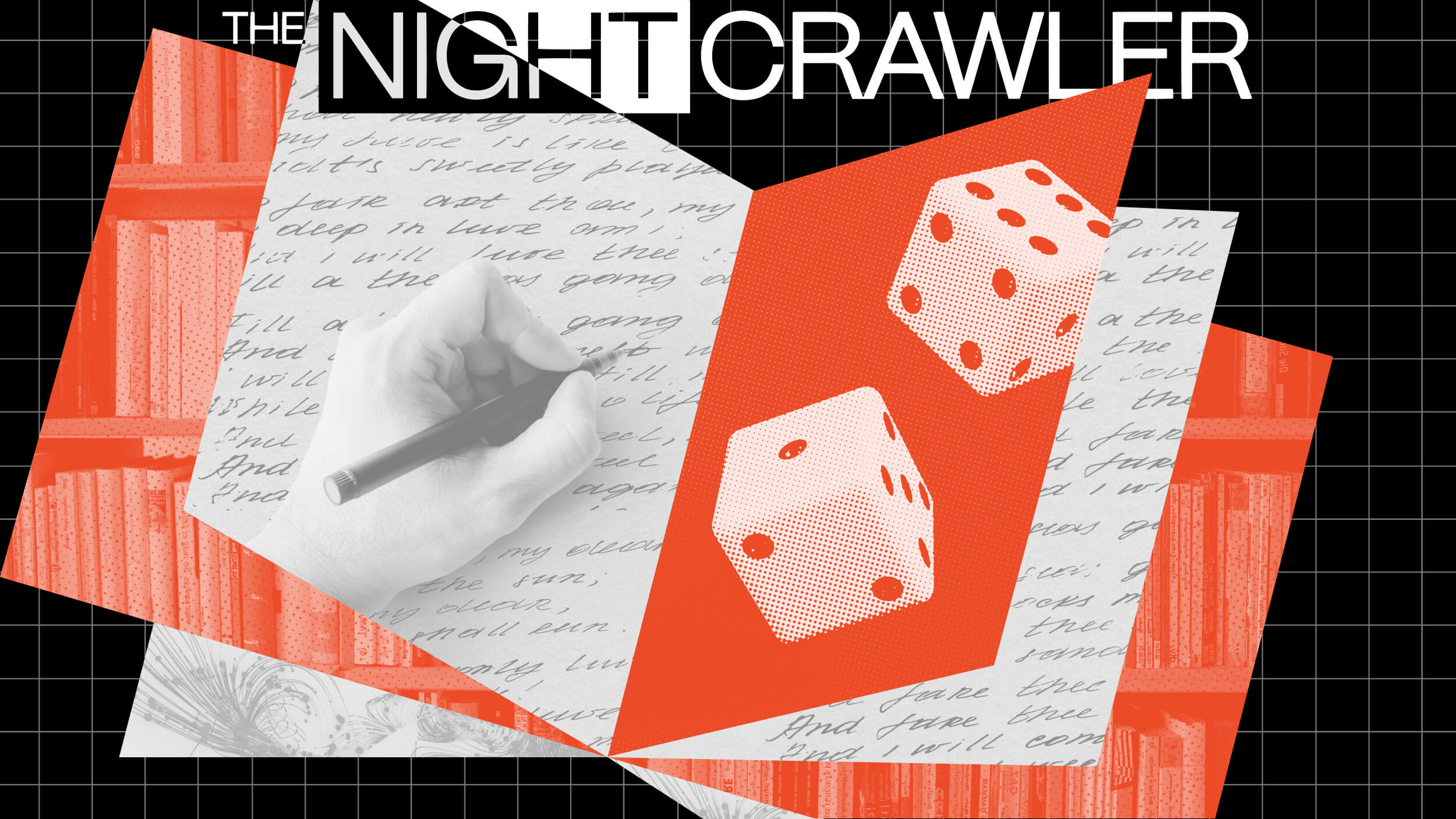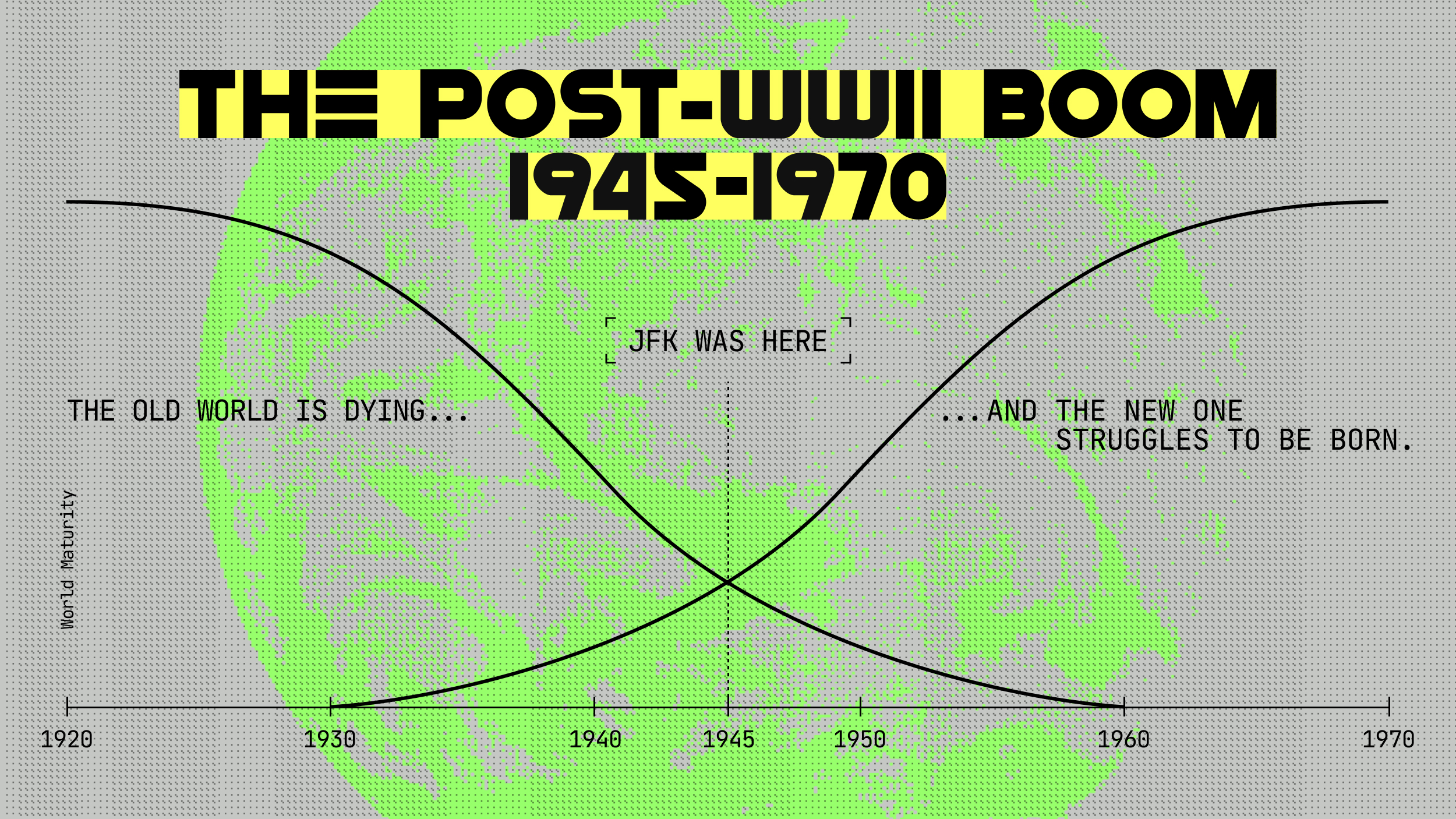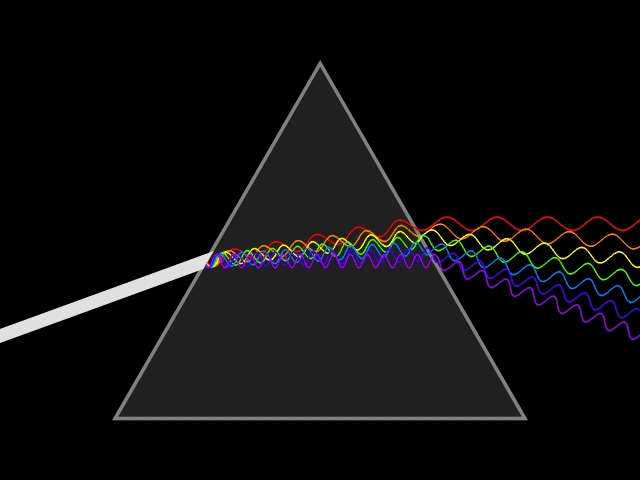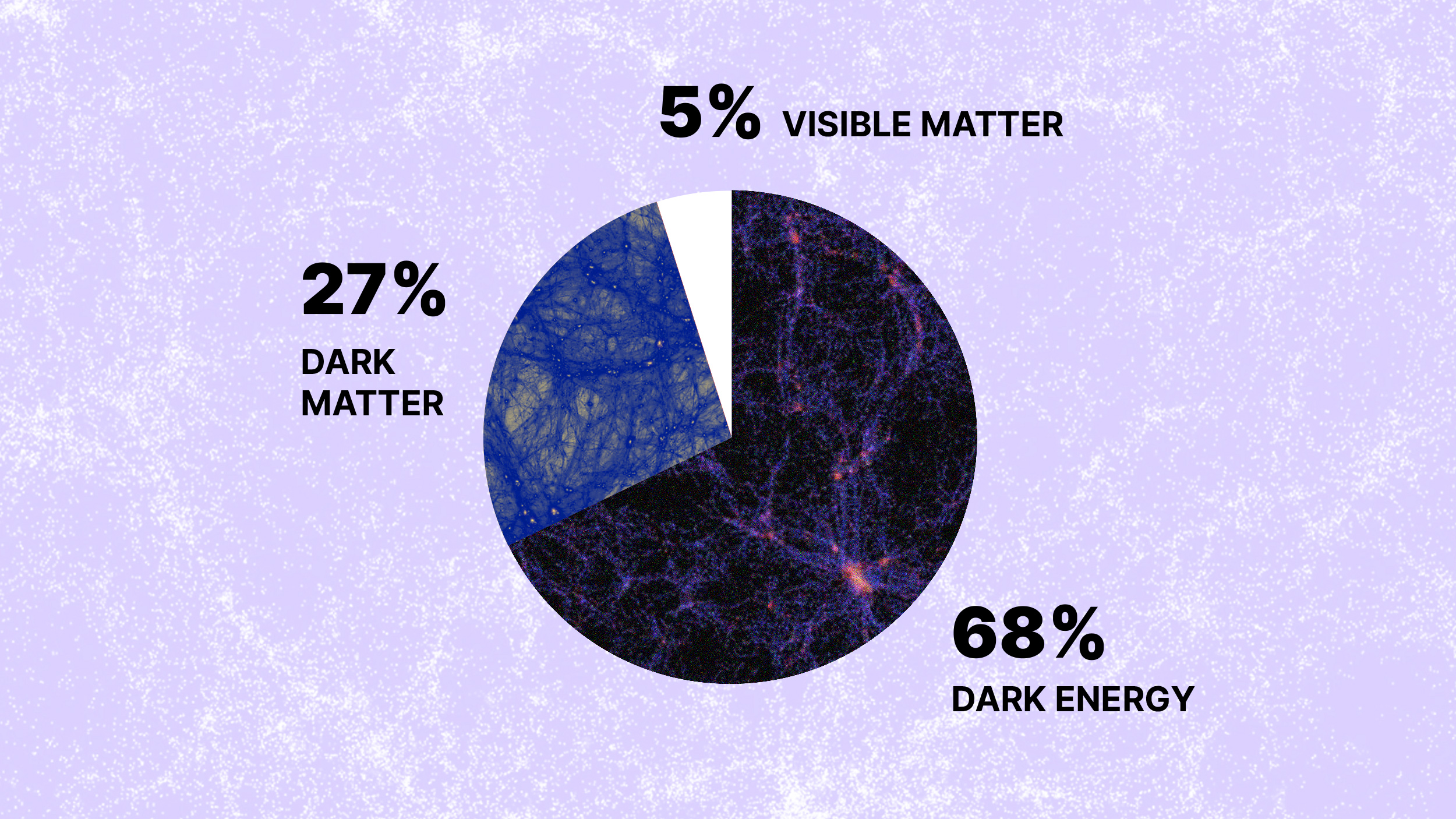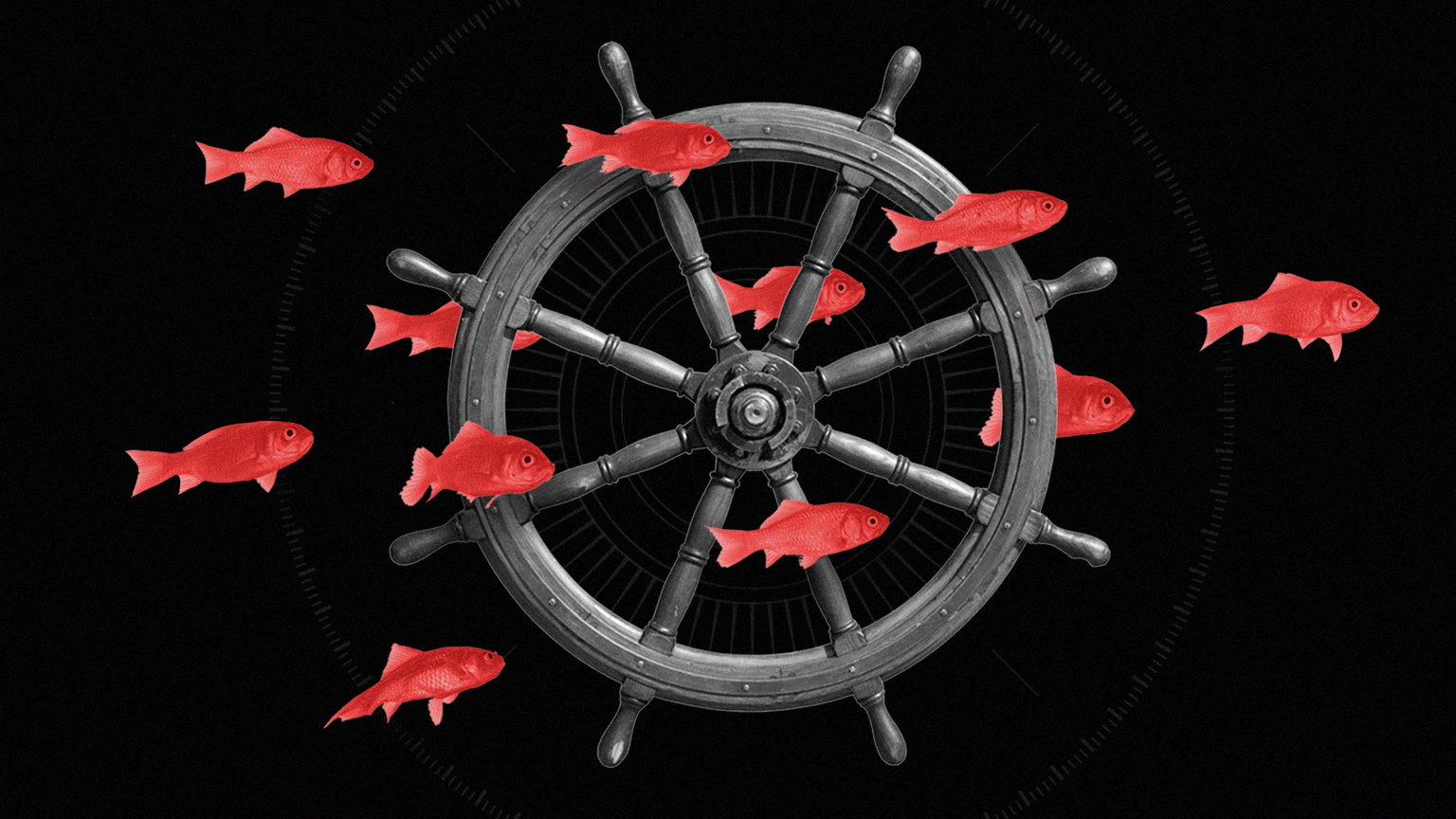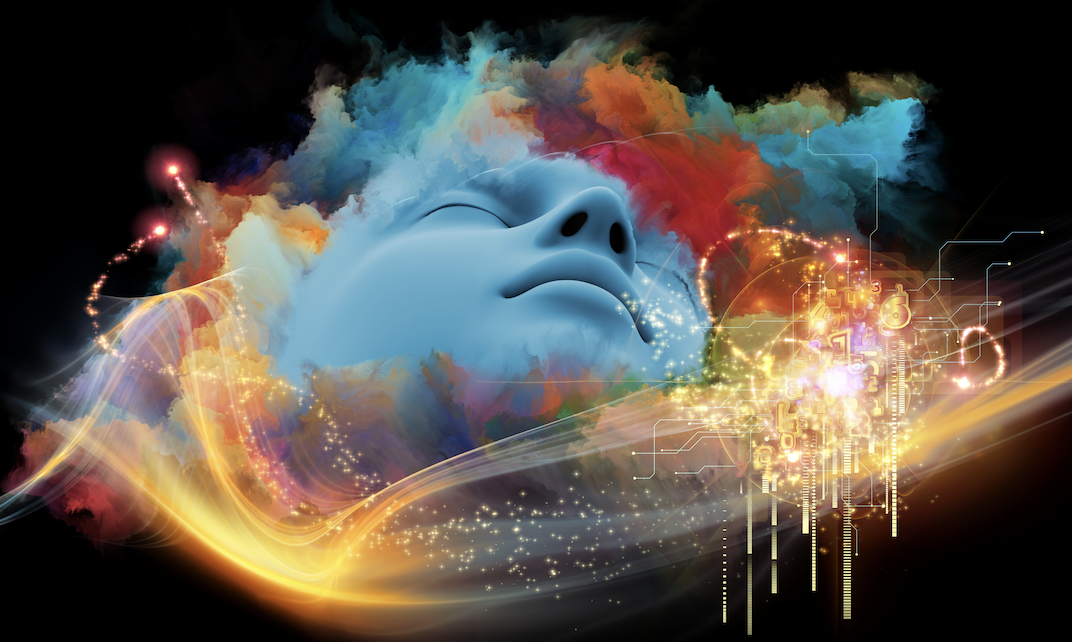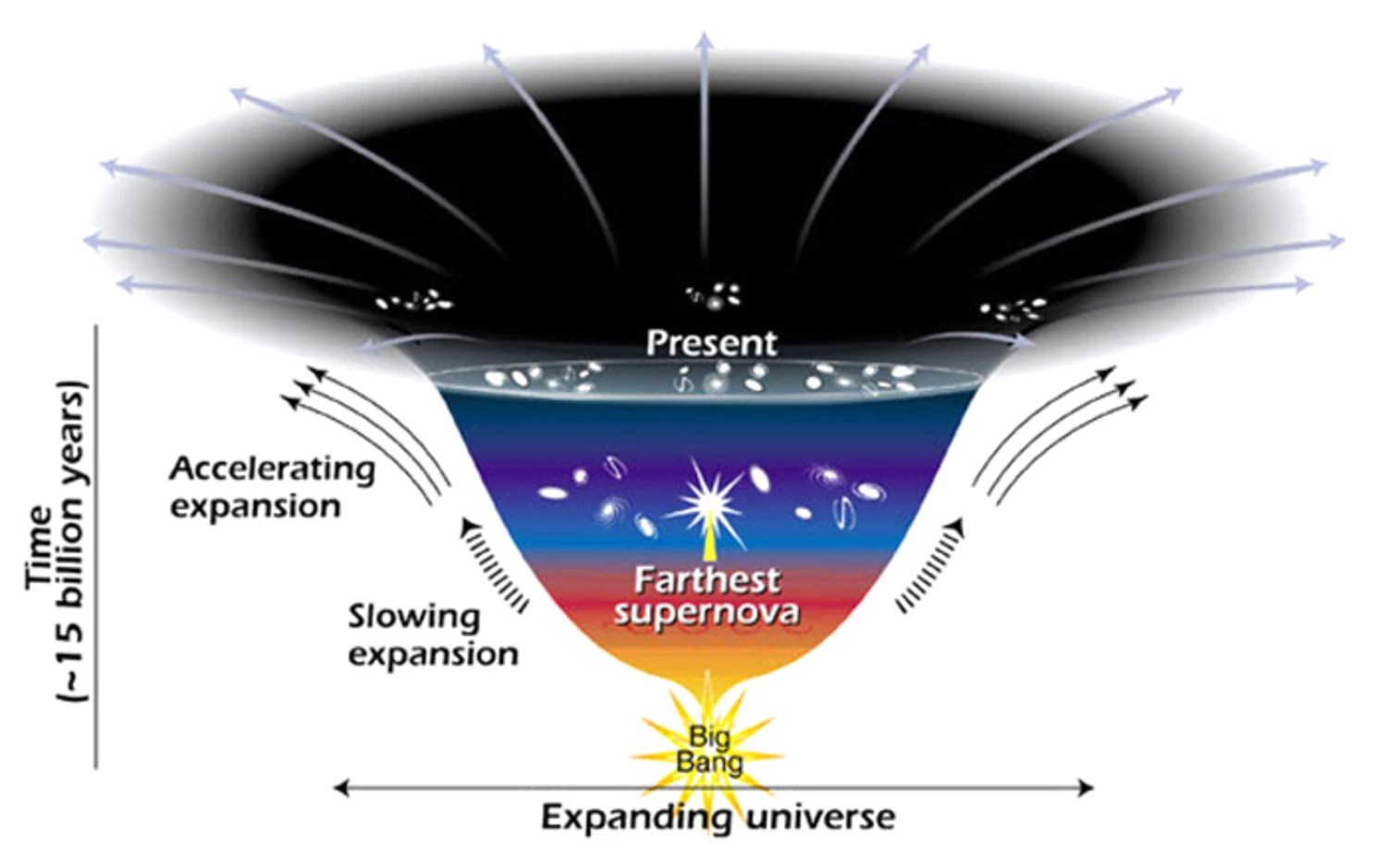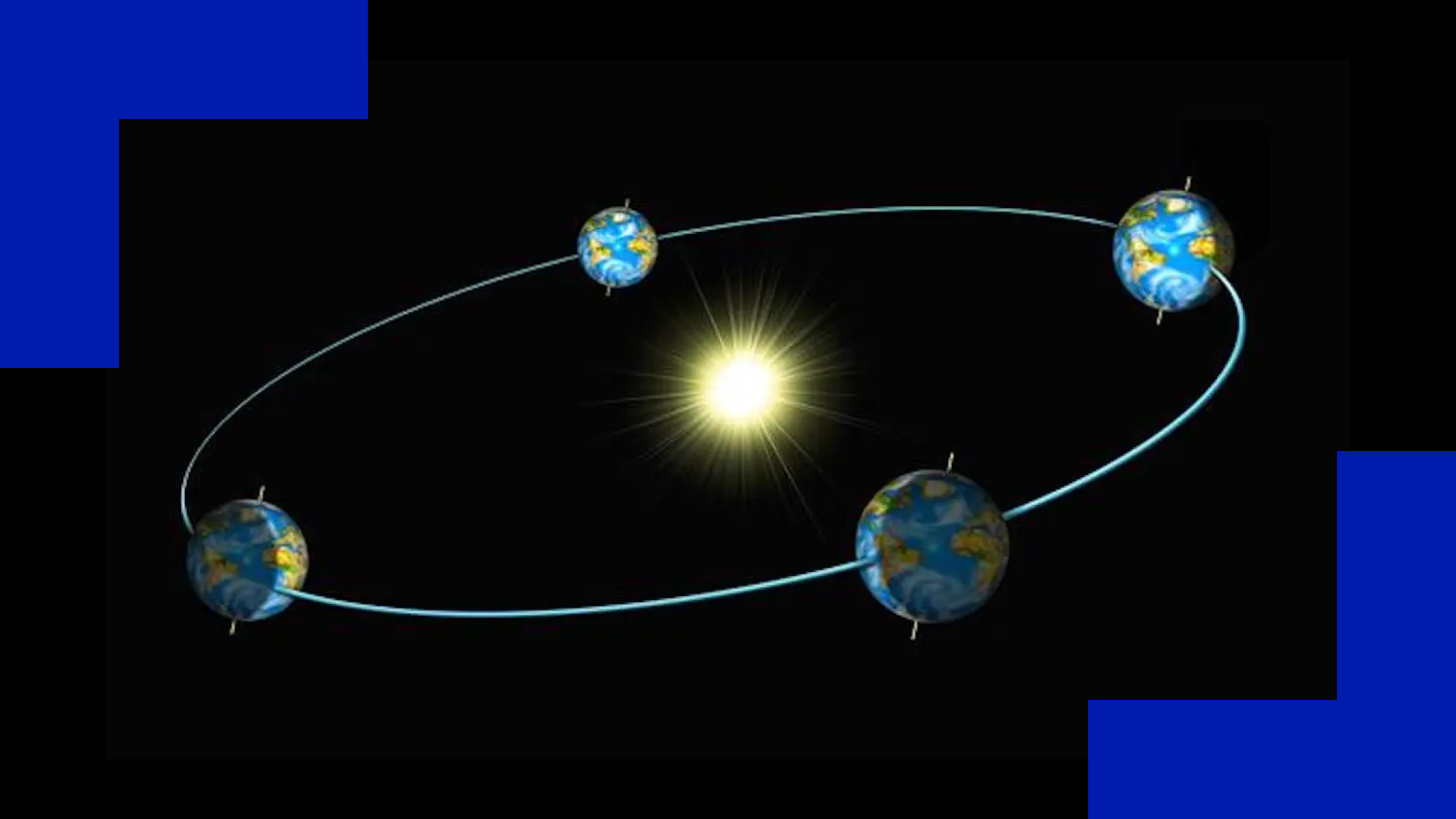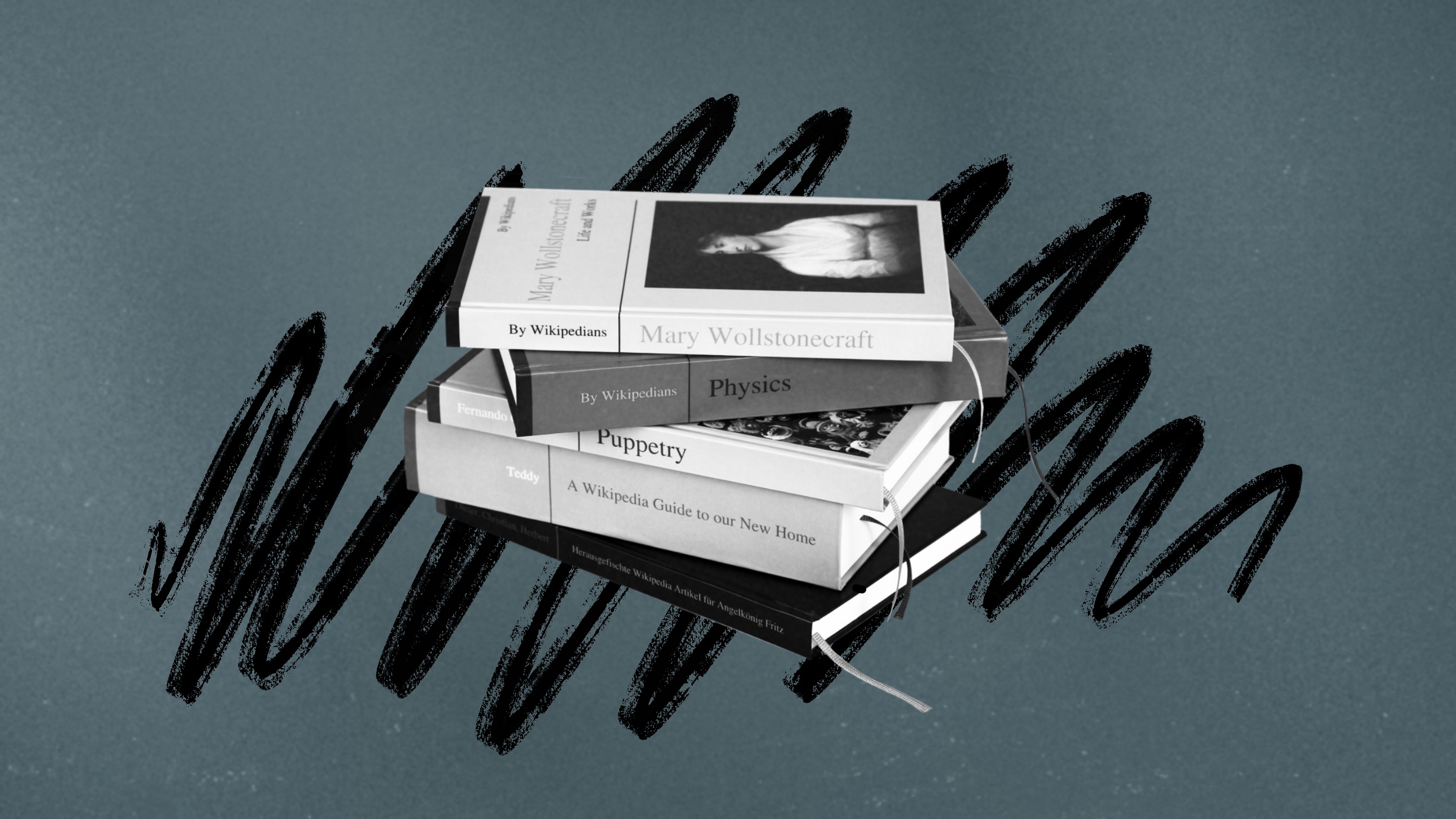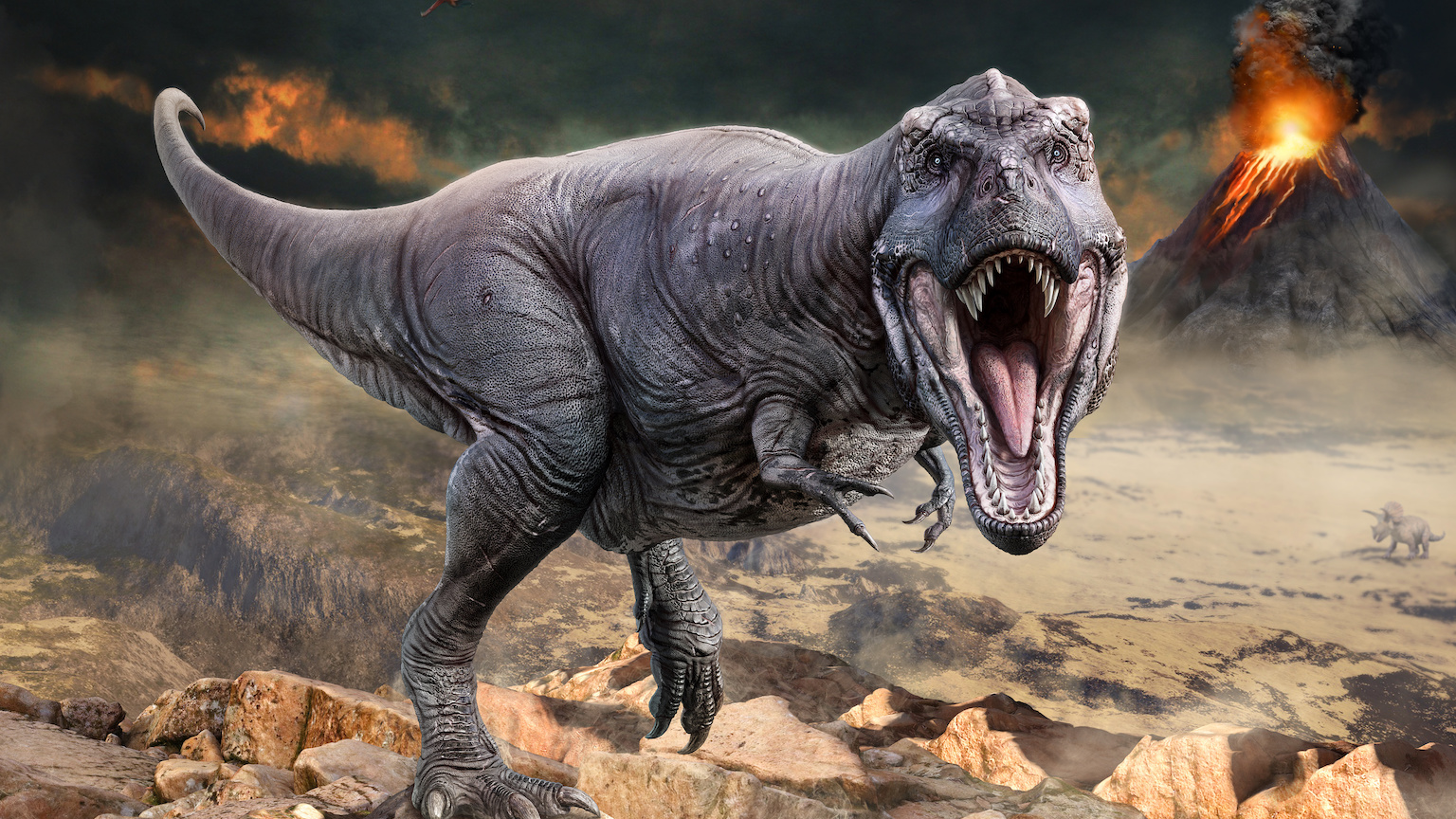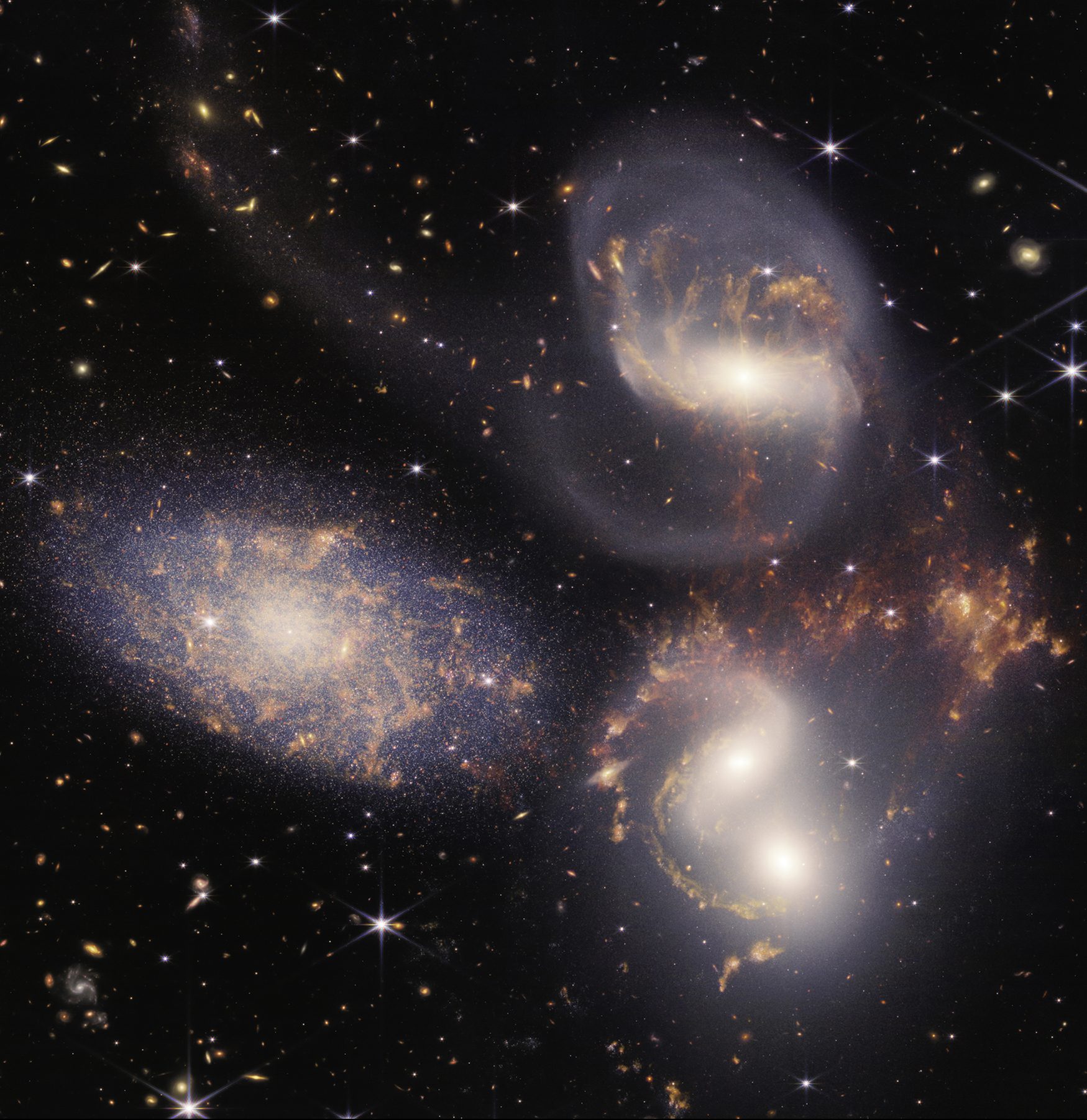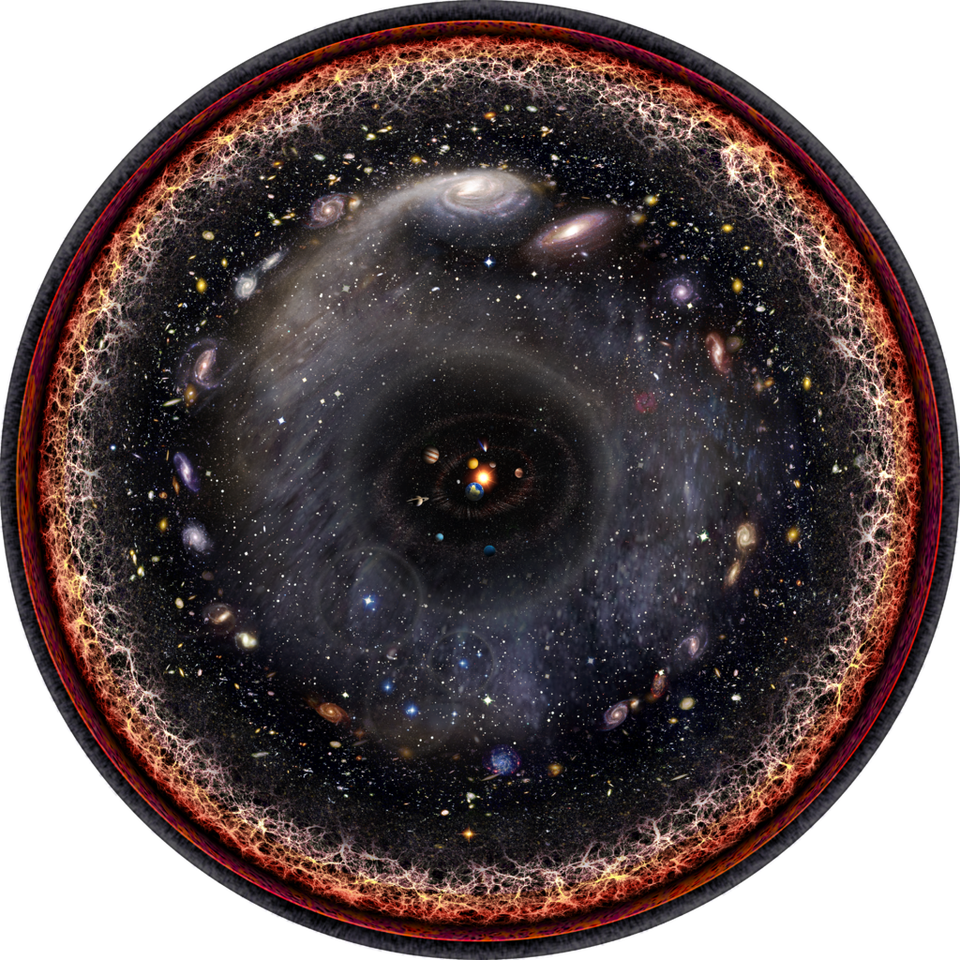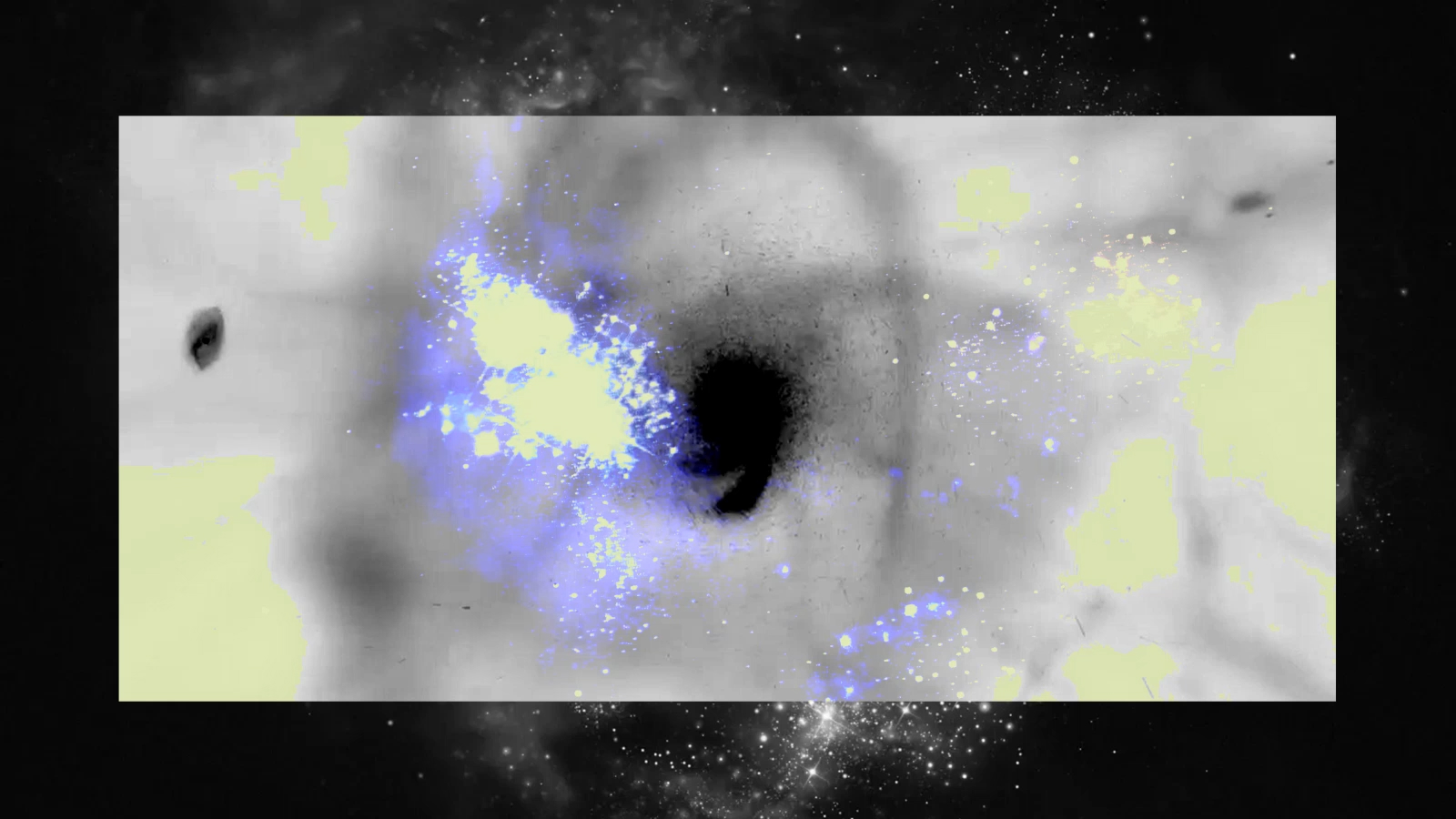Welcome to The Nightcrawler — a weekly newsletter from Eric Markowitz covering tech, innovation, and long-term thinking.
Search Results
You searched for: Big Think
Americans have gone through three historic junctures like what we’re witnessing today — and they happen on an uncanny 80-year cycle.
Invisible cloaks. Ghost imaging. Scientists are manipulating light in ways that were once only science fiction.
The color of the shirt you’re wearing right now depends on many factors, from your eye shape to what language you speak.
Early on, only matter and radiation were important for the expanding Universe. After a few billion years, dark energy changed everything.
Leadership training can have huge dividends, when it’s done right. Here are seven best practices for building a leadership development program that works.
A small percentage of people who consume psychedelics experience strange lingering effects, sometimes years after they took the drug.
From the present day all the way to less than 400 million years after the Big Bang, we’re seeing how the Universe grew up like never before.
At least one of Earth’s creatures is able to survive the vacuum of space.
All forms of energy affect the expanding Universe. But if matter and radiation slow the expansion down, how does dark energy speed it up?
Physicists just can’t leave an incomplete theory alone; they try to repair it. When nature is kind, it can lead to a major breakthrough.
Leap day only comes once every four years, including in 2024. But the reason we have it, including when we do and don’t, may surprise you.
Sludge may be inevitable, but there are better ways to manage such frictions in our daily lives.
▸
with
The insanity of the academic job market laid out in numbers.
The Vera C. Rubin Observatory in Chile will image the southern sky using the largest digital camera ever built.
Popular diets view health as a calorie-crunching equation while excluding a critical variable: mental wellness.
Some effective altruists “earn to give” — they make as much money as they can and then donate most of it to charities.
Volcanic activity caused the end-Triassic mass extinction 200 million years ago. The dinosaurs survived and rose to dominance.
You’ve probably noticed that most retailers use prices ending in 99. That’s intentional.
Anyone can have a bad day at work, but not everyone scores this high on narcissism, psychopathy and Machiavellianism.
If you give yourself and others space to tinker and experiment, then you might create something incredible. Here’s how to do it well.
Some scientists think we should allow our bodies to more harmlessly live with pathogens until they’re cleared from our systems.
Viewing Uranus’s largest moons with Hubble, astronomers hoped to find darkening on the trailing side. They found the exact opposite instead.
Hubble revolutionized astronomy more than once. Here’s what we can expect from the James Webb Space Telescope.
If you think of the Big Bang as an explosion, we can trace it back to a single point-of-origin. But what if it happened everywhere at once?
Even after the first stars form, those overdense regions gravitationally attract matter and also merge. Here’s how they grow into galaxies.
Due to a crust of carbon, the absence of oxygen, and constant bombardment from meteorites, the planet Mercury may be littered with diamonds.
It might seem petty and shallow to get upset over a bad gift, but there’s often a deeper reason behind the feeling.
Learning and development leaders can play a key role in fostering inclusion in the workplace, improving creativity and innovation in the process.
With stars, gas, and dark matter, galaxies come in a great array of sizes. This new one, Ursa Major III/UNIONS 1, is the smallest by far.
